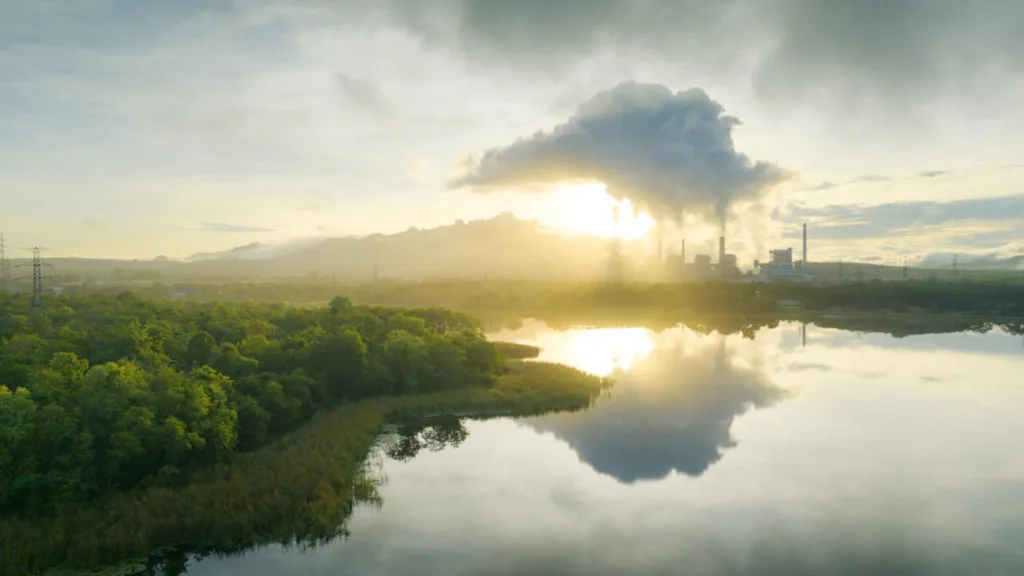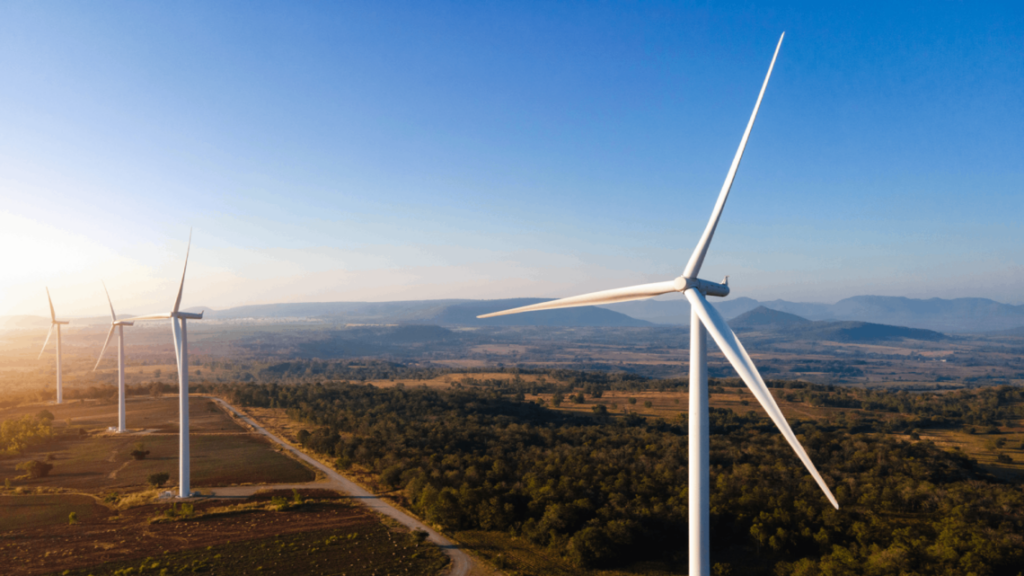Authors
Communications
Companies turned out in force with more than 80 WBCSD member representatives gathering to review progress against each of the sector-specific work plans for 2016, and to discuss how to continue driving implementation in 2017.
India, Monday 3 October 2016 – It was fitting that just one day after India deposited its instrument of ratification of the Paris Agreement at the UN Headquarters in New York, the sixth global milestone event of the Low Carbon Technology Partnerships initiative (LCTPi) took place in Chennai on the first day of the World Business Council for Sustainable Development (WBCSD) Council Meeting.
The level of energy in working group discussions showed that maintaining momentum on climate action remains a critical priority for sustainable business.
Taking this conversation to India ensured that the climate challenge and need for innovative, transformational solutions was brought sharply into focus. India is home to one fifth of the world’s population and this population will grow younger each year until 2050. If India does not follow a deeply decarbonised development pathway there is very little chance of staying under the 2⁰C ceiling to prevent dangerous climate change, let alone the more ambitious stretch target of 1.5⁰C that is embodied in the Paris Agreement.
The level of risk is high, but so is the level of opportunity. As Rajiv Mishra, Managing Director of CLP India, explained in the opening plenary of the event, it’s now taken for granted that tackling climate change is a unifying theme for action in both government and the private sector. To date, the growth of renewables in India has been predominantly and politically driven by key leading figures, exemplified by Modi’s solar vision. But now, a larger number of actors are coming together on this important agenda.
India’s ratification of the Paris Agreement makes the country’s climate targets legally binding. This gives the strongest possible signal that India is ready to honour its current climate commitments. The private sector can respond to this signal by increasing investments in this strengthened enabling environment and can thereby support government in ratcheting up ambition when it comes to reviewing their nationally determined commitments under the UNFCCC process.
Focusing business action on climate at the national level was an emerging theme from LCTPi 6. In the closing plenary, several working groups including energy efficiency in buildings, freight and below50 (sustainable fuels), reported that they are selecting emerging markets for engagement in 2016 and beyond.
The Climate Smart Agriculture project is rolling out across five countries and regions, and is adapting the approach to address the most pressing country needs. In India, this means adapting to the particular issue of water stress and ensuring that water smart agriculture is integral to delivering climate smart agriculture.
As Peter Bakker, President and CEO of WBCSD, said in the opening plenary: if 2015 was the year of commitment to climate action, 2016 was the year to get real on implementation. But what can LCTPi claim to have achieved in just 10 months since COP21?
The working groups are committed to monitoring and reporting progress as data becomes available (2015 emissions data for some sectors will only be available in 2017).
Each group has adopted a monitoring framework this year, including KPIs tailored to their sectoral statement of ambition. Other global progress indicators will help to tell the story of LCTPi as a whole.
Emerging global headlines include:
- The number of companies that are publicly engaged in LCTPi rose from 83 to 97 companies in 2016. This number is expected to increase by COP22 as certain campaigns scale up
- The combined annual revenue of LCTPi companies exceeds 2.25 trillion USD, demonstrating the reach and global significance of the companies engaged
A full overview of results across all working groups will be shared in the LCTPi 2016 Progress Report due for publication at COP22 in Marrakech in November. It will be a key release during the Low Emissions Solutions Conference taking place from 14-16 November and co-hosted by the Government of Morocco, ICLEI, SDSN, and WBCSD.
Measuring progress on collaborative initiatives like LCTPi is challenging, but it is also essential. Reporting underpins all of the action taking place, providing lessons on what works and what doesn’t, and helping to focus future efforts so that impact can be maximised.
Governments and the private sector made good promises in Paris, but now is the time to make good on those promises. As Paul Polman, CEO of Unilever and Chairman of WBCSD, asserted in his closing speech at LCTPi 6, our reputations are not built on what we say, but on what we do.
Article written by Helen Bakker, Program Manager, Low Carbon Technology Partnerships initiative
WBCSD news articles and insights may be republished in accordance with the Creative Commons Attribution-NonCommercial-NoDerivatives 4.0 International Public License, and in accordance with our Privacy Policy. All Content must be featured with due credits.
Related
Content

Carbon removals: Why a portfolio approach is key to achieving climate goals
19 April, 2023

WBCSD updates the climate scenario analysis tool for companies to leverage in their climate-related financial disclosures
31 March, 2023

How to align hydrogen investments with a 1.5°C pathway
9 February, 2023
